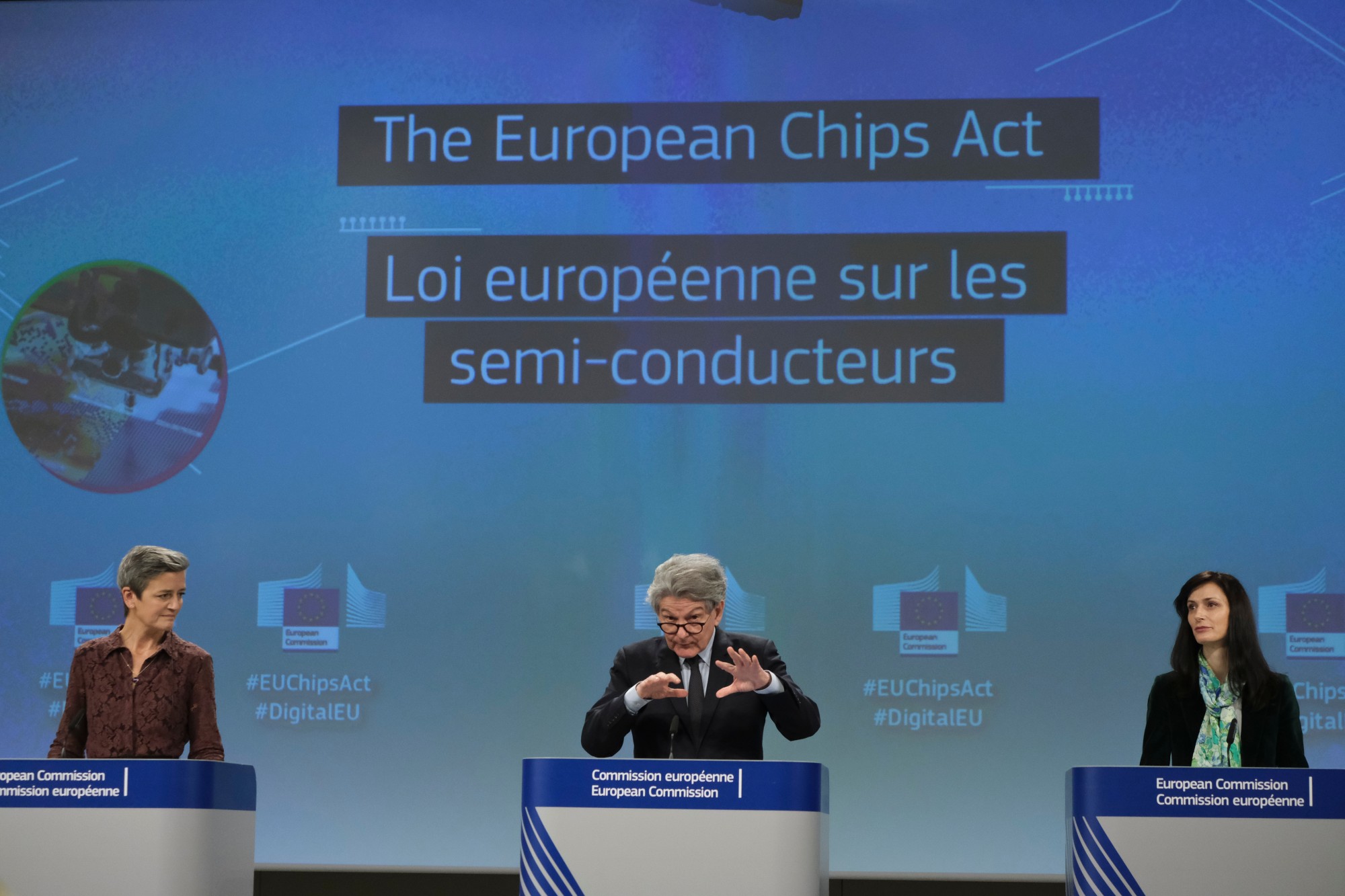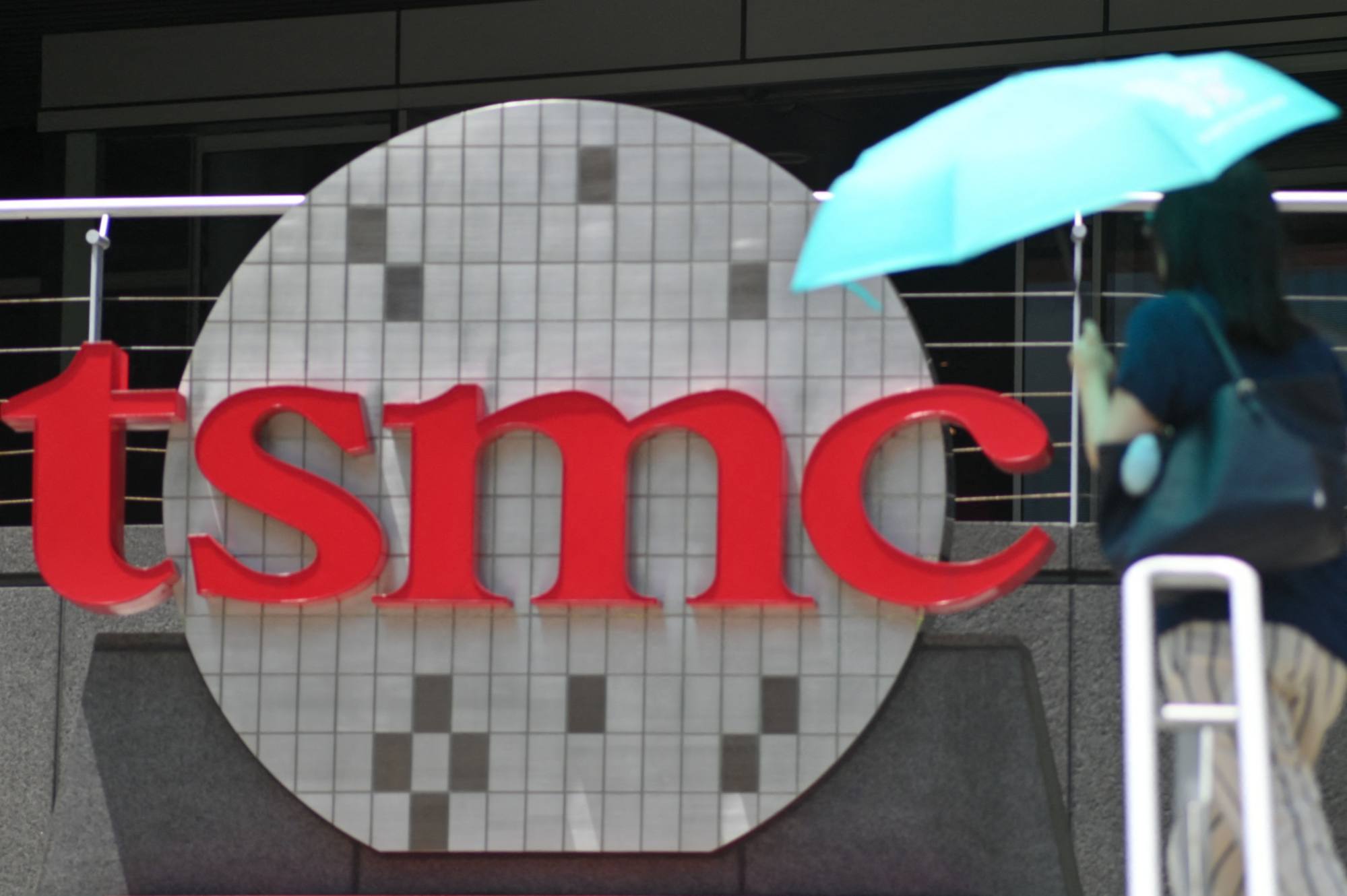Комментарии 0
...комментариев пока нет
European research labs to receive US$2.72 billion funding from EU’s Chips Act
Top chip makers such as Taiwan Semiconductor Manufacturing Co (TSMC), Intel and Samsung Electronics are launching 2-nanometre chips this year and next year in commercial fabrication plants, or fabs, costing as much as 20 billion euros.

The EU research and development line is intended to help develop future generations of even more advanced chips, and will be outfitted with equipment from European and global tech suppliers.
“The investment will allow us to double volumes and learning speed, accelerating our innovation pace, strengthening the European chip ecosystem, and driving economic growth in Europe.” said imec chief executive Luc Van den Hove in a statement.
“The NanoIC pilot line will support a diversity of industries in Europe, including automotive, telecommunications, health and others.”
Several EU programmes and Belgium’s Flanders government are providing 1.4 billion euros in funding, with industry players, including leading semiconductor equipment maker ASML, providing 1.1 billion euros, according to imec, Europe’s largest independent research centre in the field of nanoelectronics and digital technologies.

Other research laboratories taking part include CEA-Leti of France, Fraunhofer of Germany, VTT of Finland, CSSNT of Romania and the Tyndall Institute of Ireland.
Actual aid under the EU plan comes mostly from member states and has lagged money received in other regions, with only STMicroelectronics so far approved to receive 2.9 billion euros in aid from France for a plant in Crolles.
Intel and TSMC are still awaiting EU approval for billions of euros in German state funding to begin building plants in Magdeburg and Dresden this year.